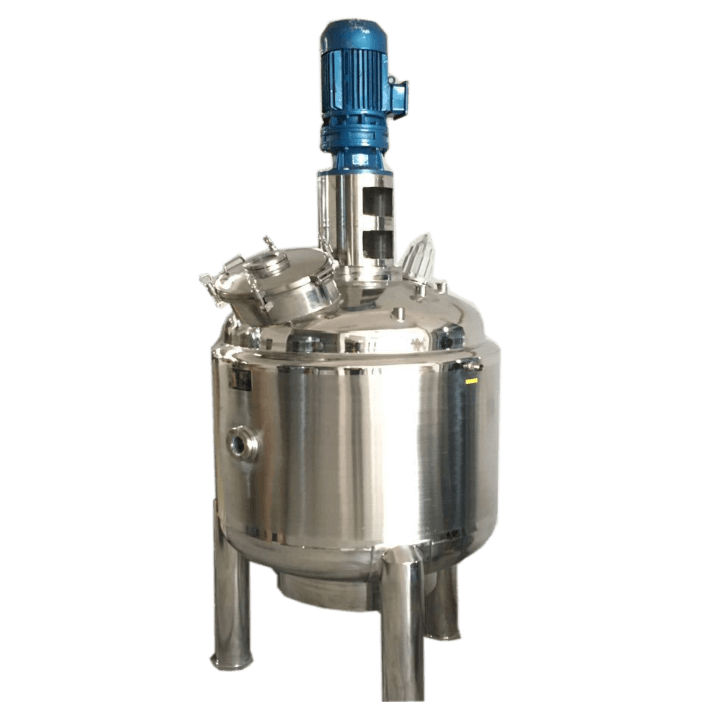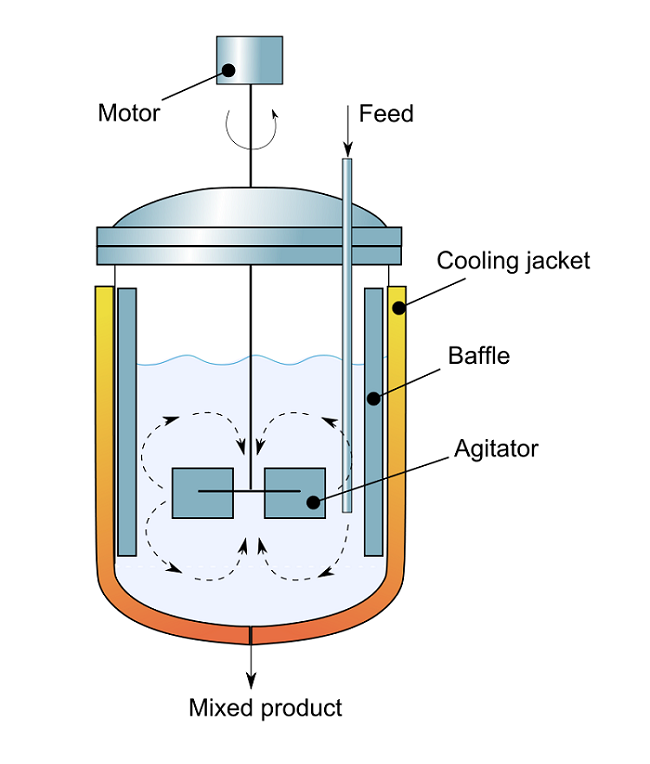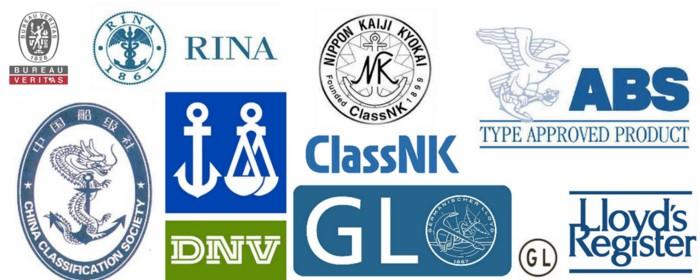

In the vast landscape of the chemical industry, reactors serve as the heart of numerous processes, transforming raw materials into a myriad of products essential for daily life. Among these reactors, batch chemical reactors occupy a pivotal position, distinguished by their ability to handle small-scale, flexible, and often complex reactions. This article delves into the intricacies of batch reactors, their significance in industrial settings, and their indispensable role within the broader spectrum of reactors in the chemical industry.
A batch chemical reactor, simply put, is a vessel designed to carry out chemical reactions where the reactants are added in a defined quantity, and the reaction proceeds until completion without the continuous addition or removal of materials. Unlike continuous reactors, which operate steadily with a constant influx and outflow of reactants and products, batch reactors facilitate reactions that require precise control over reaction conditions, such as temperature, pressure, and reaction time. This makes them ideal for reactions involving hazardous materials, sensitive intermediates, or those requiring extensive optimization and experimentation.
In the realm of batch reactor in industry, their versatility becomes particularly evident. From pharmaceutical manufacturing, where they are crucial for synthesizing active ingredients with high purity and specificity, to fine chemicals production, where complex molecules are assembled step-by-step, batch reactors enable the precise execution of reactions that would be difficult or impractical in continuous systems. They also play a vital role in research and development, allowing scientists to explore new reaction pathways and optimize existing processes under controlled conditions.
Reactors in the chemical industry encompass a wide array of designs and configurations, tailored to meet the diverse needs of different processes. However, batch reactors stand out due to their adaptability and the ease of scaling operations up or down. This flexibility is particularly advantageous in markets with fluctuating demands or during the early stages of product commercialization, where small-scale production is necessary to validate process feasibility and scalability.
Moreover, the implementation of advanced control systems and automation in batch reactors has significantly enhanced their operational efficiency and safety. Real-time monitoring and precise control of reaction parameters ensure consistent product quality and minimize the risk of hazardous incidents. These technological advancements have further cemented the position of batch reactors as indispensable tools in modern chemical manufacturing.
In conclusion, batch chemical reactors are not just another piece of equipment in the chemical industry; they are the enablers of innovation and efficiency. Their ability to handle a wide range of reactions with precision and flexibility makes them indispensable in various sectors, from pharmaceuticals to specialty chemicals. As the chemical industry continues to evolve, the role of batch reactors will undoubtedly remain central, driving forward the discovery and production of new materials and compounds that shape our world.






